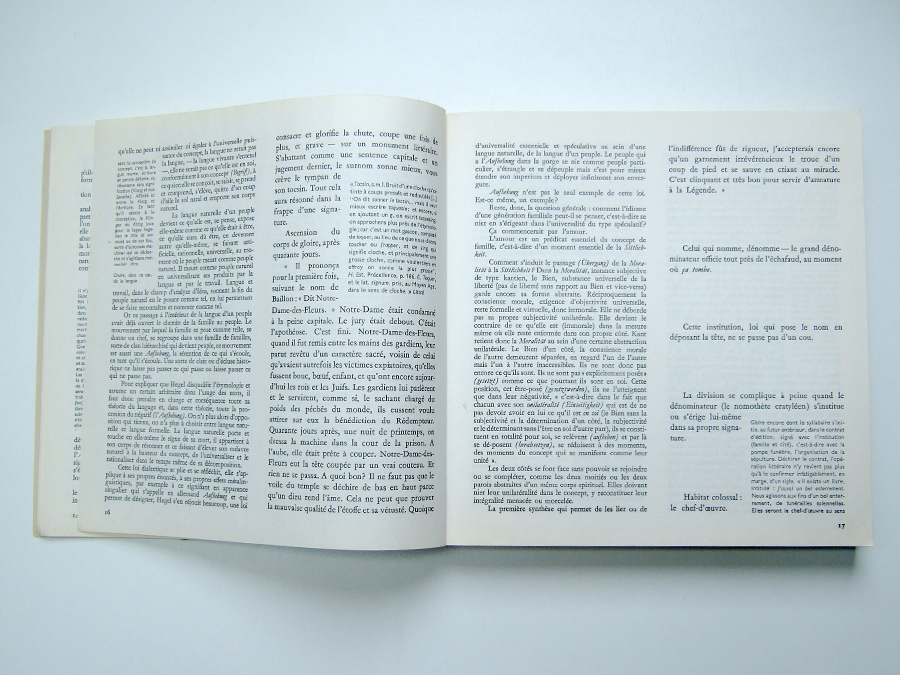If I ever get my fake band back together, this will be our album title. The phrase does really important work as well, in marking the transition of rhetoric from a primarily oratorical understand to a literate one. I joked in class that we now Plato is a bad guy because we still have all of his writers, and that we know that sophists are good because the opposite is true. I still hold to this, but it is also true that sophists seem to have left behind fewer, permanent and lasting texts. Writing stabilizes (or creates the feeling of stability), and so, it killeth. It allows, as Nietzsche might say, us to forget.



